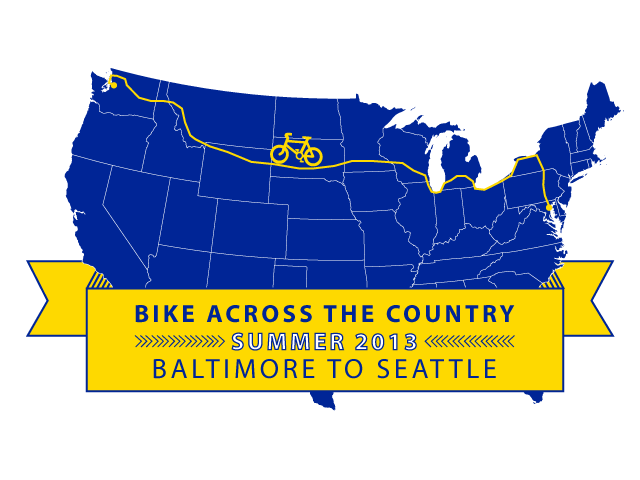I’m glad for lots of activity on campus after the lull of quiet weeks during the warmth of summer. I hope this time of year finds you happy too, and with so many things to look forward to! Aside from coming-back-to-school happiness, one thing that may be on your mind is how you can best be prepared to engage in a job or internship search in the coming year. Along with the standard advice – update your resume, get your interviewing suit cleaned and pressed, perfect your handshake –- I wholeheartedly encourage you to take a moment to determine your personal and unique strategy for your search, based on your interests.
Let me explain the italics – every industry and organization can be different when it comes to recruiting strategy, efforts and timeline for hiring, and your search will likely not be exactly the same as anyone else’s.
From a recruiting standpoint, there are no “rules” or specific dates when jobs are posted and when companies hire. Some recruiters are very savvy – and lucky! – and know 9-12 months in advance how many positions they’ll have to fill, which allows them to schedule interview dates, career fair attendance, and other programs on campus with great speed and foresight. For the majority, though, the process is not so easy or early – hiring projections may not be set, or in the case of many organizations, they may not even know their needs for next year more than a couple months in advance. Depending on the economy, there may also be challenges to hiring early, as uncertainty tends to drive hesitancy in interviewing and extending offers.
From a personal standpoint, while you may share some interests and goals with other students, virtually everyone I have ever met has a fairly unique collection of interests, goals, parameters, values and other variables when it comes to how they plan their job searches. This is not, by any stretch of the imagination, a “one size fits all” type of process. Not sure of your own variables? Try self-assessment or using another career exploration tool; many great ones are available on our Career Exploration website – http://www.vpul.upenn.edu/careerservices/careerexploration/
If you’re looking for a full-time position in consulting, update your Pennlink account and get ready today, for that industry tends to start very quickly and many firms participate in early On-Campus Recruiting and Career Fairs at Penn (i.e. in September and early October). The same is generally true for larger organizations in financial services, some technology firms, and a few other sizable companies that hire many college graduates each year. It’s a little easier to plan your organization’s recruiting strategy – and to start early – when you know you need to bring a specific number of entry-level people on board 9-12 months from now.
However, for most other industries, and some organizations within those industries mentioned above, the recruiting calendar and approach can be very different. You may have heard people refer to “just in time” hiring – otherwise known as posting jobs, interviewing candidates, and making hires when positions are actually available and for which work will start within a couple of months or even weeks. Some industries and individual organizations rely heavily on finding applicants and candidates through word-of-mouth and networking and so hardly ever actually post jobs – there are many different recruiting strategies out there, and you’ll want to be as aware of the possibilities as you can be.
What does this mean for you?
If you have even a rough idea of what you may want to pursue for your first job after Penn or your summer internship for next year, be kind to yourself, reduce your stress and worry, and find out what the “hiring timeline” and advertising strategies are for positions within your field(s) of interest. The easiest way to do this is to consult with a career advisor in Career Services. Our teams have years of experience in analyzing and understanding job markets and industries, and our advisors are happy to help guide you in finding your best job or internship opportunity.



